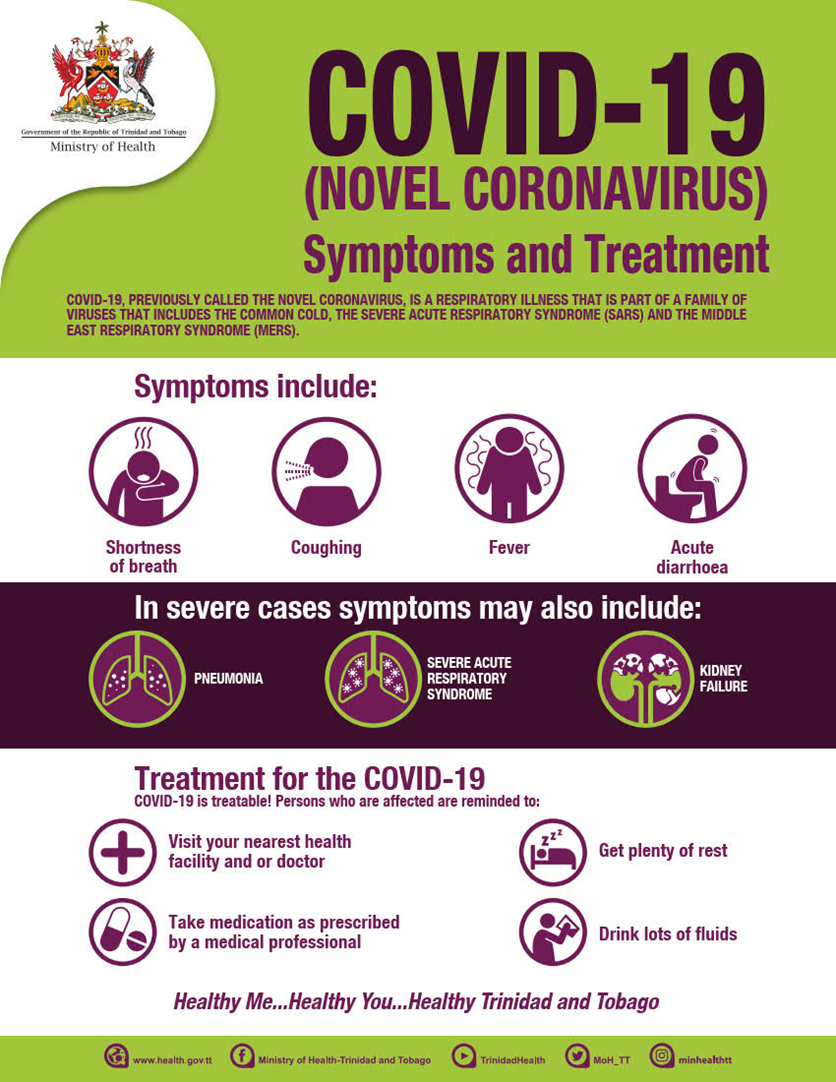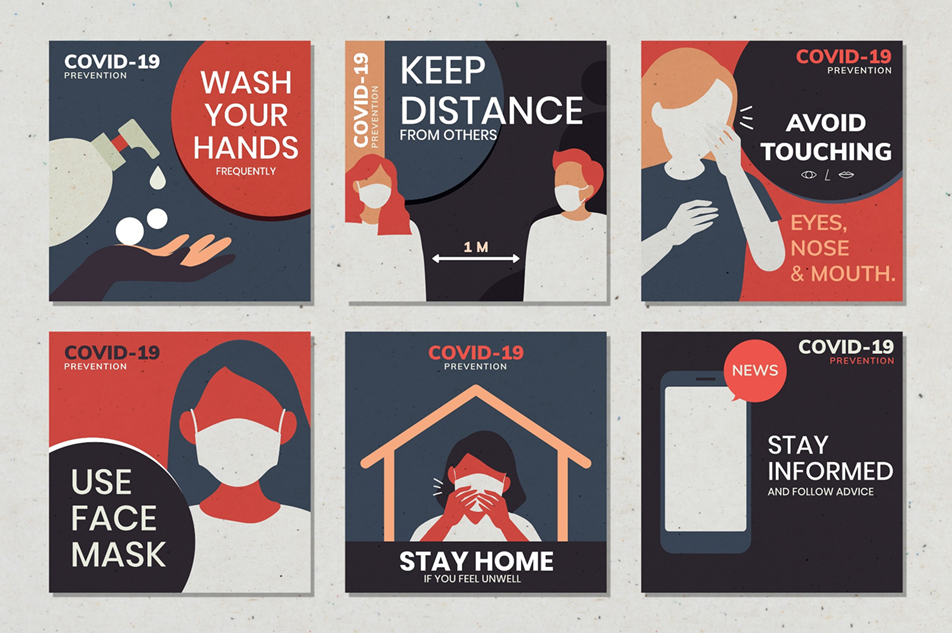COVID-19 And PLHIV
We are still learning about COVID-19 and how it affects people living with HIV, but we know that it is important for PLHIV to continue taking antiretroviral medications to keep the immune system healthy.
Talk with your care team to be sure you have an adequate supply of ART on hand.
For PLHIV who are virally suppressed, it is thought that COVID-19 affects this group about the same as the general population – that is, virally suppressed PLHIV are likely not at greater risk of contracting or experiencing severe COVID-19 illness.
For PLHIV who are unsuppressed, it is important to work with your care team to achieve viral suppression through good adherence and proper medications.
COVID-19 Signs and Symptoms
COVID-19 has several symptoms and signs. Many of these are very common and are associated with other illnesses.
Common symptoms include fever, tiredness, and a dry cough. Some people may also experience shortness of breath, a temporary loss of smell or loss of taste, or diarrhea. These symptoms usually resolve in approximately 10 days.
In severe cases persons may experience high fevers, pneumonia, and difficulty breathing.
It takes anytime between 1 and 12 days for symptoms to appear after exposure to the virus.
Many persons may never present with any of these signs or symptoms, known as asymptomatic cases.

COVID-19 Testing
If you are experiencing symptoms of COVID-19 (coughing, fever, shortness of breath, diarrhoea, loss of taste or smell), it is a good idea to get a COVID-19 test. For up-to-date information on where to access testing, review the Ministry of Health page on COVID-19 testing and screening.
COVID-19 Prevention
Practice basic COVID precautions:
- Wear well-fitting masks, wash hands, maintain distance of 1 meter from people who are not in your household
- Stay at home when you feel unwell, and if you have a fever or other COVID-19 symptoms
- Cover mouth and nose when coughing
- Cough into elbow
- Wash hands frequently
- Do not touch eyes, nose, or mouth
- Get vaccinated and boosted to reduce your chance of serious illness or death
Notify your health provider if experiencing symptoms. Follow their guidance about seeking care and quarantining.
For more information, visit the Ministry of Health COVID-19 information page on COVID-19 prevention.

COVID-19 Vaccination
You may be concerned about COVID-19, vaccinations, and HIV. In general, PLHIV who are virally suppressed typically respond well to vaccines.
COVID-19 vaccines bring the same benefits to PLHIV as they bring to all individuals and communities, including prevention of severe disease and the potential for reduced transmission of COVID-19.
The Ministry of Health offers additional information about COVID-19 vaccination, including information on where and how to get vaccinated.
If you have any other questions or concerns, reach out to your medical provider.